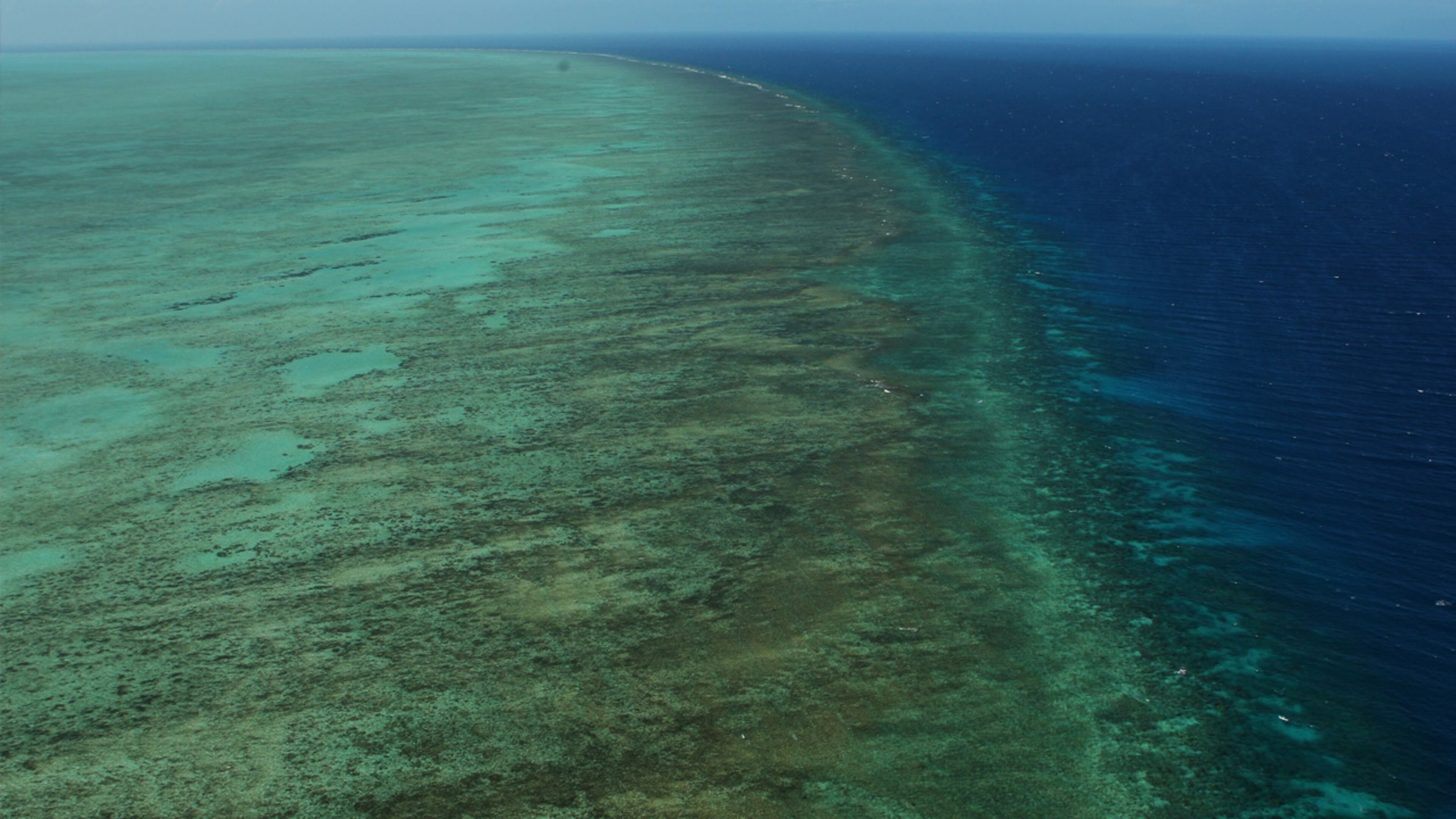Great Barrier Reef declared dead in obituary

A writer has declared the Great Barrier Reef in Australia officially dead after a story in September said that the bleaching of the reef's coral this year has caused it to decline.
ABC News in Australia reported last month that bleaching had killed 35 percent of coral in the central and northern parts of the reef.
Scientists also have found damage to the coral from the Crown of Thorns starfish. They expect the coral to need years to recover from the damage.
The bleaching has also had an effect on the fish off the coast of Australia, ABC News reported.
The demographics of the fish population have changed. Fish that eat algae are fine, but fish like the parrot fish have disappeared. Parrot fish feed on coral.
According to the obituary, published at outsideonline.com:
"The Great Barrier Reef of Australia passed away in 2016 after a long illness. It was 25 million years old.
"For most of its life, the reef was the world's largest living structure, and the only one visible from space. It was 1,400 miles long, with 2,900 individual reefs and 1,050 islands. In total area, it was larger than the United Kingdom, and it contained more biodiversity than all of Europe combined. It harbored 1,625 species of fish, 3,000 species of mollusk, 450 species of coral, 220 species of birds, and 30 species of whales and dolphins. Among its many other achievements, the reef was home to one of the world's largest populations of dugong and the largest breeding ground of green turtles."
The obituary says the Great Barrier Reef was preceded in death by the South Pacific's Coral Triangle, the Florida Reef in the Florida Keys and most of the other coral reefs on earth.
But some have called the obituary "greatly exaggerated," saying the reef is "under severe stress but not dead yet."
"This is a fatalistic, doomsday approach to climate change that isn’t going to engage anyone and misinforms the public," said Kim Cobb, a coral reef expert at Georgia Tech. "There will be reefs in 2050, including portions of the Great Barrier Reef, I’m pretty confident of that. I’m put off by pieces that say we are doomed."
Russell Brainard, head of the coral reef ecosystem program at the National Oceanic and Atmospheric Administration's Pacific Islands Fisheries Science Center, told the Huffington Post that some people "are going to take it at face value that the Great Barrier Reef is dead."
"I have studied corals off Christmas Island in the Pacific where 85 percent of them have died. It was a graveyard," Cobb said. "But even there, I was shocked to see remarkable resilience. Amid the graveyards of the reefs there were areas that looked like nothing had happened.
"There is a lot we can do to minimize climate change, and we need to get going on that. To say reefs are finished and we can't do anything about it isn't the message we need going forward."

